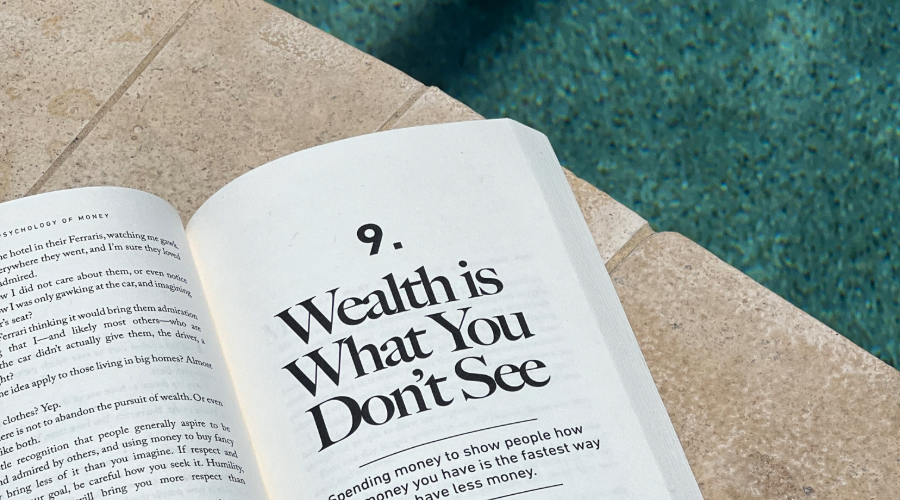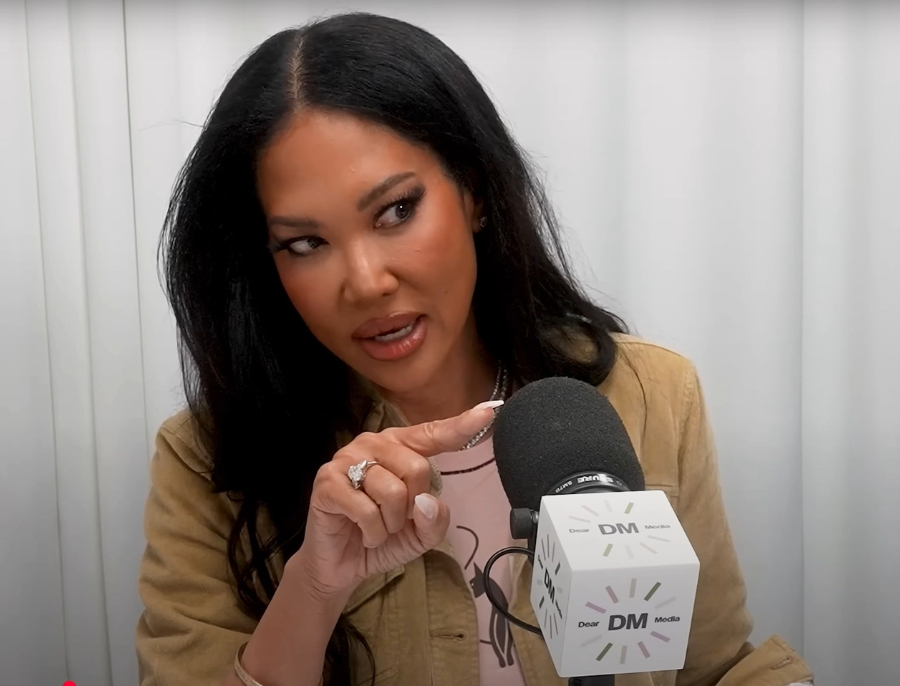11 Money Moves To Level Up Your Finances This Year

We all love a good shopping spree, but putting it away for a rainy day? Not so much. From budgeting and investing to everyday money management, keeping tabs on our finances can feel like a full-time task. Dream Bigger podcast host Siffat Haider knows it’s a universal feeling, who tells us that “every time I put out a Q&A on Instagram, I get dozens of finance-related questions!”
If you’re ready to leave your past money drama behind, here’s Haider’s playbook for leveling up your money game this year.
Face your money triggers.
First: Get real with yourself. Haider wants you to zero in on what’s causing the most stress around money. “This is called Ostrich Syndrome, and it’s essentially when you have a problem that you don’t want to deal with and then you just put your head in the sand because you don’t want to face it,” Haider shares. Procrastination is natural, but naming your money fears is your ticket to financial peace.
Know your cash flow.
While the numbers won’t always tell the story you want to hear, understanding how your money comes and goes is a key part of financial health. “If you feel intimidated to look at your bank statements or the bills that are overdue, the best way to get your finances to a place that you’re happy with is to get really comfortable looking at those numbers,” Haider explains.
Plan a weekly finance date (and make it fun).
Reviewing finances and bills isn’t a one and done solution—it needs to become a regular part of your routine. Haider recommends having weekly money dates with yourself to help you stay on track. “Every Sunday, I sit down and open up my bank accounts, my credit card statements, and everything else that is related to my personal finances,” Haider shares. “It really makes such a difference.”
To keep up the habit, Haider says to make it a vibe rather than thinking of it as a chore. “In order to make the experience a little less intimidating, I incorporate things that I really enjoy,” Haider explains. “I make my favorite drink and light a candle, which helps me get excited for this part of my routine.”
Consistency is key.
It only takes two weeks to form a new habit, whether it’s a weekly finance date or saving money by making coffee at home. “Once you start doing this, you kind of get used to it,” Haider says. “And then you can start to implement the changes that you really want to make.”
Pay yourself first.
Even if you’re not a business owner like Haider, the concept of paying yourself first still applies. Make sure your bases are covered and all of your immediate needs are met first. “When you get your paycheck, what you should be doing is paying your bills, putting your money into savings or investments, or paying off any credit card debt, before using the money on other things,” Haider explains.

Don’t forget to leave money for the fun stuff.
Once your bills are paid, it’s time to enjoy yourself. Haider says it best: “The leftover money is fun money!” Treat yourself to a night out or a new outfit—guilt-free. “If you have money reserved for your fun, don’t feel bad about what you’re spending it on.”
Channel your most successful self.
To accomplish your money goals, Haider says to start thinking like someone who’s already there. “For example, if your goal is to be a very wealthy person, you have to train yourself to act like that type of person,” Haider explains. “Because when someone is wealthy, they’ve made certain decisions and continue to make choices in order to stay in that financial position.” Think about the habits and decisions this person tends to make, and incorporate those behaviors into your daily life.
Give yourself time to get there.
Financial success and lasting wealth won’t happen overnight, so it’s crucial to take baby steps and be patient with yourself. “Typically when you think, ‘oh, if I’m supposed to act like a wealthy person, that would mean that I get to buy all these designer handbags and fly first class,’ but that’s a byproduct of all the good choices you’ve made and the fact that you have a healthy relationship with your finances,” Haider continues. “They’re not recklessly spending their money.”
Create your financial game plan.
Now that you have a goal in mind, it’s time to make a plan that will help you get there. “This person who’s in this financial position, ask yourself—what are the decisions that they’re making on a day to day basis?” Haider recommends. “They’re probably paying their bills on time, and if they have any debt, they’re making sure that they have a plan to pay that off.”
Don’t be afraid to invest.
Beyond paying off debt, Haider stresses that wealthy people are putting money away into investments—and you should too! “One of the things I wish that I knew when I was younger is that you don’t need a ton of money to start investing,” Haider shares. “You can start with even the smallest amounts just to make a habit, because over time that will compound if you put it into the S&P 500.”
Add these money must-reads to your stack.
If you’re ready to dive deeper, Haider recommends these game-changing books that helped guide her finance journey:
I Will Teach You To Be Rich by Ramit Sethi
The Psychology Of Money by Morgan Housel
Secrets of the Millionaire Mind by T. Harv Eker
Rich As F*ck by Amanda Frances
MONEY: Master The Game by Tony Robbins




















Leave a Reply